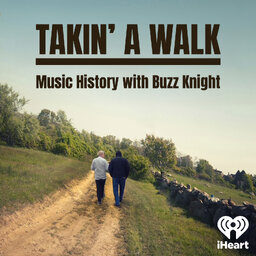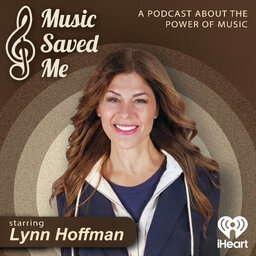"Taking a Stroll Through the 80's: A Conversation with Martin Fry of ABC."-Pop Music History
Join @thebuzzknight with Martin Fry, the iconic frontman of the legendary 80's band ABC. Known for timeless hits like "The Look of Love" and "Poison Arrow", Martin shares fascinating stories from his journey through the golden era of new wave music. From the creation of their groundbreaking album The Lexicon of Love to reflection on David Bowie, this conversation is a must listen to for fans of 80's pop culture and beyond. Martin also discusses his autobiography "A Lexicon of Life" which takes you behind the scenes to his creative process along with his health challenges in his life that he had the strength to battle and persevere.
Questions or comments? Write Buzz@buzzknightmedia.com.
If you're enjoying the show, rating and reviewing on Apple Podcasts helps other curious minds find our community. Your support means everything, and this show exists because of listeners like you who keep coming back and engaging with these inside stories of music history.
If you like this podcast, please share with your friends and also check out our companion podcast called Music Saved Me. here
In 2 playlist(s)
Takin' A Walk - Music History with Buzz Knight
On the Takin’ A Walk-Music History Podcast, Buzz Knight goes deep with American music’s most iconic …Social links
Follow podcast
Recent clips
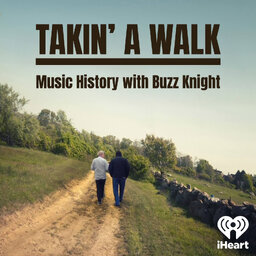
Buzz Knight and Jake Sumner Discuss Ron Delsener's Impact on Rock Music History and the new documentary "Ron Delsener Presents"
42:25
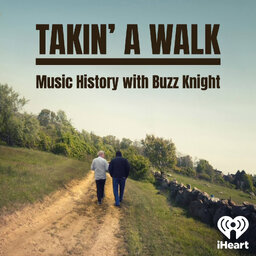
Discover How Walking Inspires Songwriting with Buzz Knight and Boy Golden: A Deep Dive into Indie Music Stories!
25:10
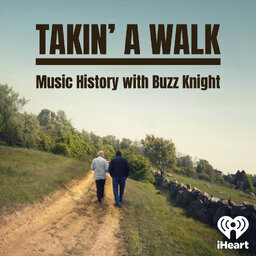
Takin A Walk with Buzz Knight : Billy Bob Thornton and J. D. Andrew Discuss Their Musical Evolution and Fan Connection-Encore Rock Music Interview
29:56
 Takin' A Walk - Music History with Buzz Knight
Takin' A Walk - Music History with Buzz Knight